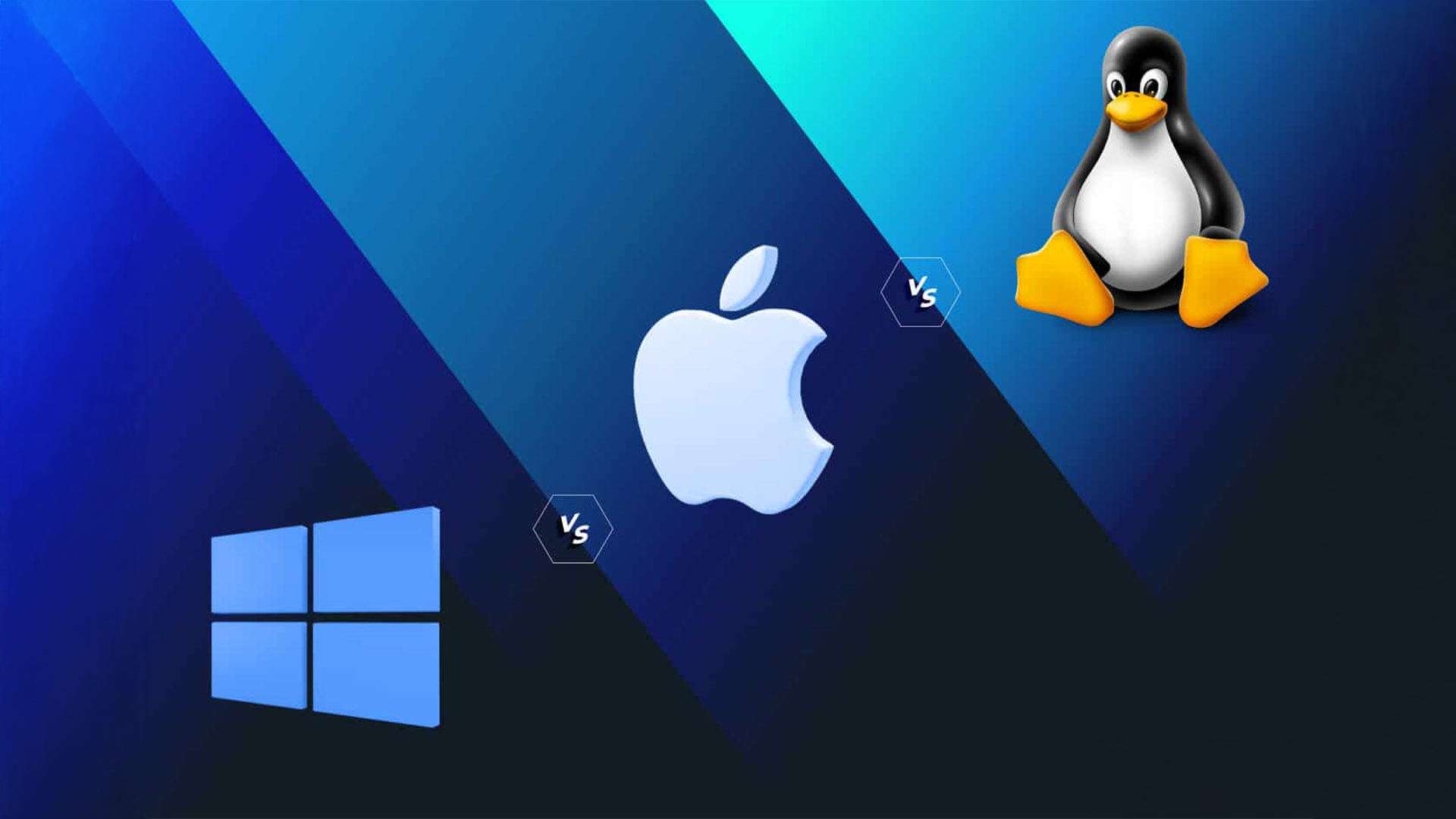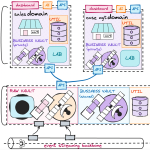
Let’s face it—your operating system knows way too much about you. From tracking your location to logging every keystroke, mainstream OSes like Windows, macOS, and even some Linux distros are privacy minefields. But here’s the deal: you don’t have to settle for surveillance as the default. There’s a growing ecosystem of privacy-focused alternatives that put you back in control.
Why Ditch Mainstream Operating Systems?
Well, for starters, most commercial OSes are built to monetize your data. Think about it—Windows 10 and 11 send telemetry to Microsoft by default. macOS? Apple’s better, but it’s still a closed book. Even Google’s Android (without heavy tweaking) is a data-hungry beast. If privacy matters to you, switching to a purpose-built OS isn’t just an option—it’s a necessity.
The Big Players in Privacy-Centric OSes
Here’s a rundown of the most trusted privacy-focused operating systems—each with its own strengths, quirks, and ideal use cases.
1. Tails: The Amnesic Incognito Live System
Tails is like a digital ghost—it leaves no trace. Boot it from a USB, and it routes all traffic through Tor by default. No logs, no local storage (unless you explicitly enable it), and it wipes itself clean after shutdown. Journalists, activists, and whistleblowers swear by it.
Best for: Extreme anonymity, temporary use, bypassing censorship.
2. Qubes OS: Security by Compartmentalization
Imagine your digital life split into isolated compartments—work, personal, banking—each running in its own virtual machine. That’s Qubes OS. If one compartment gets compromised, the others stay safe. It’s not the easiest to use, but for security nerds, it’s a masterpiece.
Best for: High-security needs, journalists, handling sensitive data.
3. PureOS: Fully Free, Fully Private
Developed by Purism (the folks behind the Librem laptops), PureOS is a Debian-based OS that’s 100% free and open-source. No proprietary blobs, no sneaky tracking—just clean, ethical computing. It even ships with privacy-focused apps like Tor and encrypted messaging.
Best for: Daily driving, ethical tech enthusiasts, avoiding proprietary software.
4. GrapheneOS: Android Without the Google
If you’re stuck with Android for app compatibility, GrapheneOS is your best bet. It strips out all Google services, hardens security, and still lets you use essential apps (via sandboxed Google Play, if you must). Think of it as Android with a privacy-first spine.
Best for: Mobile users, Android app reliance, de-Googled phones.
Honorable Mentions
A few others worth a nod:
- Whonix: Like Tails but designed for virtual machines—great for persistent anonymity.
- Alpine Linux: Minimalist and secure, often used for servers but adaptable for desktop.
- OpenBSD: The gold standard for code auditing and security—though it’s more for tech-savvy users.
How to Choose the Right One for You
Picking a privacy OS isn’t one-size-fits-all. Ask yourself:
- What’s your threat model? Paranoid about state surveillance? Tails or Qubes. Just want to ditch Google? GrapheneOS.
- How tech-savvy are you? Some OSes (looking at you, OpenBSD) demand command-line comfort.
- Do you need app compatibility? GrapheneOS keeps Android apps; PureOS leans on Linux alternatives.
The Trade-Offs: Privacy vs. Convenience
Let’s be real—privacy often comes at a cost. You might lose slick UI polish, mainstream app support, or even Wi-Fi drivers (some hardware just won’t play nice). But for many, that’s a fair trade. After all, convenience shouldn’t mean surrendering your digital autonomy.
So, what’s next? Maybe dip a toe in with Tails on a USB. Or go all-in with PureOS on a Librem laptop. The choice—like your data—is yours.










